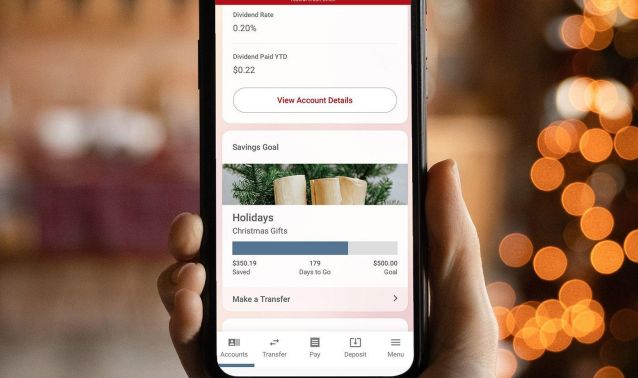Six Tips for Spotting Get-Rich-Quick Scams
Share this article:

If it sounds too good to be true, it probably is.
That’s Rule No. 1 when it comes to avoiding being scammed by a get-rich quick scheme. If what you’re being offered is TOO profitable, TOO easy, TOO fast or TOO tantalizing, there’s a pretty good chance it’s a scam.
Scammers are everywhere and can pretend to be anyone—perhaps even resorting to impersonating an employee or stakeholder at your trusted credit union. Here are some more tips for spotting the scammers before they strike.
- Up-Front Money: If “all this can be yours for an easy up-front payment,” it’s a scam, not an investment. For example, you cannot, “Buy into” a credit union; you’re either eligible for membership or not.
- Recruiting friends and family: If you’re promised that not only can you get rich, but your friends and family can get rich alongside you if they just follow the same program and recruit people into it as well? Scam, fam.
- Unsolicited requests: If a stranger on the internet is promising you fabulous wealth, it’s fair to ask yourself why, exactly, a stranger on the internet feels compelled to help you attain fabulous wealth, especially if you didn’t ask for their help in the first place.
- All the money, none of the work: For anything promising “X hours of work for Y amount of money,” which seems out of proportion to normal rates, be wary. Same goes for phrases like, “Double/Triple/Quadruple your income in just a few short weeks,”; again, if it sounds too good to be true, it probably is.
- Pay Attention to Messaging and the Messenger: The details are important. Does the username look official? Is the email from a domain that doesn’t exist? Are things in the messaging misspelled or written in a confusing way? Beware—even if you think it’s coming from a source you trust, there’s always a possibility they’re being impersonated.
- Do Your Research: Google the entity offering you business along with the words “scam” or “review” and see what pops up. Consult the Better Business Bureau. For entities like a credit union, check out official social media channels; if we’re not offering something to all our members, we won’t be reaching out to make a special exception for anyone else.
Be careful out there; remember, if it sounds too good to be true, it probably is.



